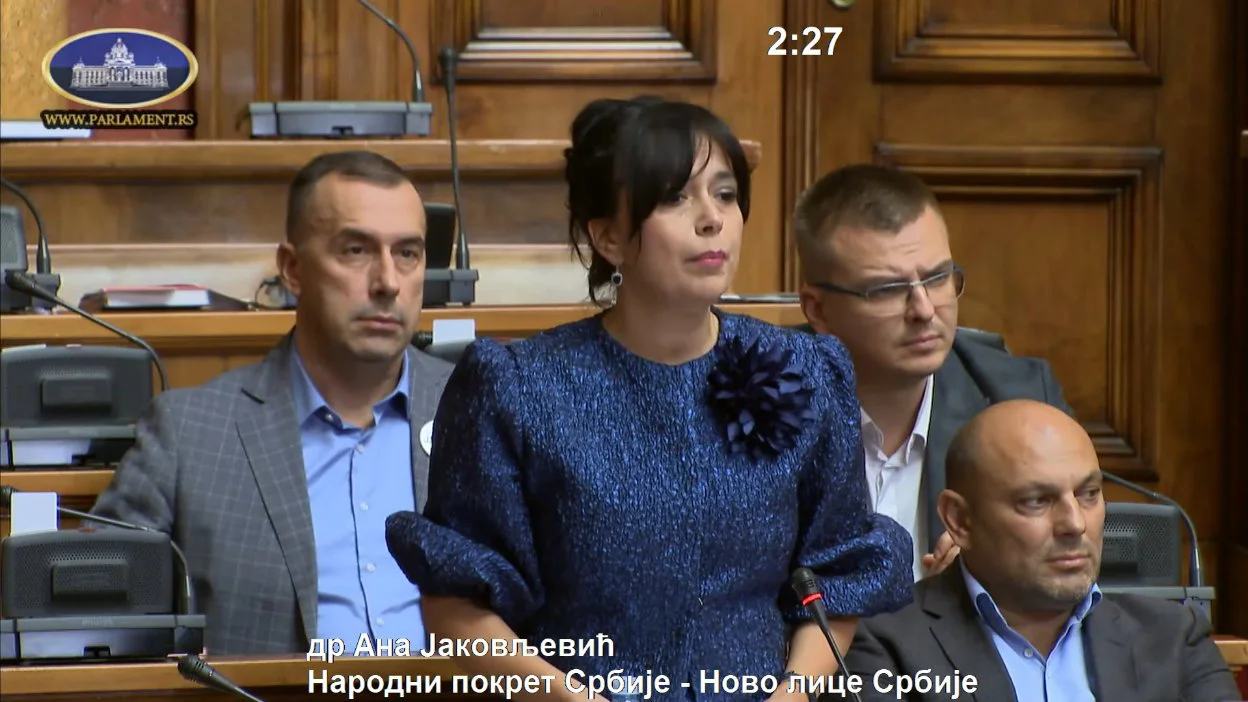The Netherlands: Risky Gerta Wilders Game – The World
Extremely right-wing Gert Wilders, recognizable in conspicuous hair, has broken the ruling coalition in the Netherlands. It is a very risky move that could be bored on his head.
Dutch voters will have to again to elections by the end of the year, as the extreme right-wing party PVV speeched from the coalition government due to the dispute over migration policy. Gert Wilders, the leader of PVV, pulled his ministers from the four-member government, thus pushing the Netherlands in the months of political uncertainty.
His intention is clear: « The intention of becoming the next prime minister, » he said.
Outgoing Prime Minister DIK SOF will lead the technical government in The Hague until new elections are held, for which experts believe it will not be before October.
The question now reads – whether Wilders, one of the politicians with the longest internal at the extreme right, can find the way to the Prime Minister, or is already worn in the eyes of Dutch voters?
« It’s a million dollar question, » she said for DW Armid Van Paradise from British Brain Trust, I’m blooming House.
As multi-party coalitions are common in the Netherlands, for political success in the fifth largest economy, two key things are needed: the citizens’ voices and the ability to build alliances with other parties.
Runoff from responsibility?
Wilders first entered Parliament in 1998. and more than a decade was at extremely right-wing margins, as long as the support of support did not lead him to support the minority coalition government Mark Route – but then in 2012. She supported that support.
It is increasingly followed by the reputation of politicians who retire when it becomes thick.
« All this seems bad for the Wilders, » says Adrian Saut, from the Dutch Institute for International Relations Kligenadel. « He supported the rutho’s government, so in 2012. he retired (due to new monitoring measures), and that has been following him since. What he has done now, he acts very badly in the eyes of the public. »
Vilders’ party PVV currently has the most parliament in the Dutch parliament, after surveys show the fall of popularity since PVV entered the government, they still point out that its parties would be strongest – if the election would be held immediately.
« Voters could now be awarded Wilders, even if he pulled manual, because of the migration policy, » says Peter Klepe, the editor-in-chief of the BrusselsReport.eu portal, the EU’s right oriented magazine.
« Form the government without a Wilders will only be possible if at least part of his antimigrant agenda, » he said for DW.
But now, when the former coalition parties express « anger » because of the Government’s collapse, even if the Wilders succeeds in the upcoming election, other parties could cheek and refuse to enter into a coalition with him – let alone.
The strictest asylum policy so far
The political struggle around migration reached the peak when the Wilders at the end of May went on everything or nothing and suggested a « plan of 10 points » about asylum, which would introduce some of the most precious migration measures in Europe.
The plan envisaged the distribution of military units at national borders, the complete abolition of refugees, temporary suspension of family merits for asylum seekers who have already received refugee status, as well as deportation of Syrian refugees.
The refusal of coalition partners to immediately accept this plan indicated Wilders to withdraw their ministers from the government.
« The plan itself is deeply problematic because it violates EU law and international law, especially the right to asylum, » said David Colombi, from the Center for European Political Studies (CEPS).
« Migration and asylum currently instrumentalize in European politics, » adds colombo in an interview for DW. « There is a tendency to normalize unlawful proposals across the EU, not only in the Netherlands, as if migrations and asylum beyond the law. »
Fragmentation of an extreme right
Today, Europe is a witness breaking up once united extreme right – not due to ideological differences, but due to restrictions imposed by democratic systems in which they operate.
Marin Le Pen from France must not run at the presidential election of 2027. Due to the embezzlement of the EU funds, while the Migration Agenda of the Italian Prime Minister Đorđe Meloni thwarted the domestic judicial system.
« In Sweden and Denmark, the right-wing populists managed to influence politics, but the Netherlands has no tradition of minority governments, » says Peter Klepe. « Wilders could better prepare for the power by attracting to his movement more people from political mainstream. »
Mixing cards on the Dutch political scene begins again. In the months coming, the parties will fight for the position – and many will try to get the Wilders out the game.
Wilders, however, works defiantly and seems to double the efforts to sell their antimigrant policy, instead of playing safely and try to build alliances with other political parties.
Follow us on our Facebook and Instagram page, but also on X account. Subscribe to PDF List release today.







